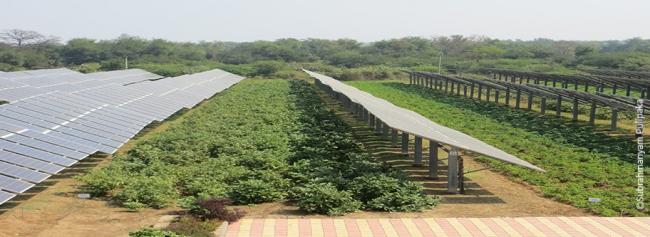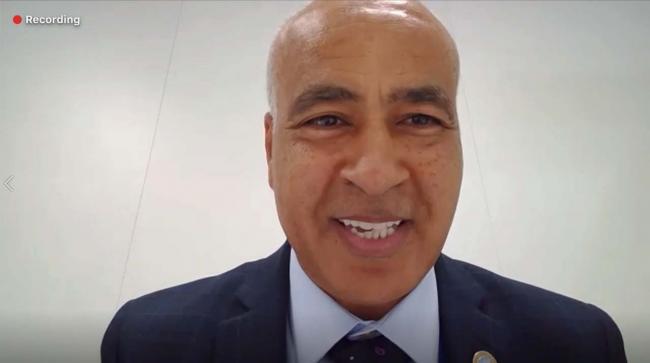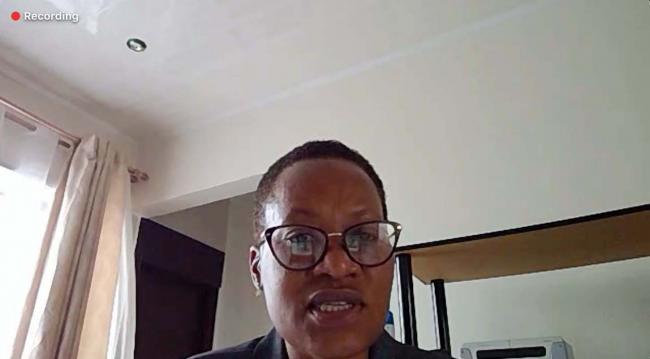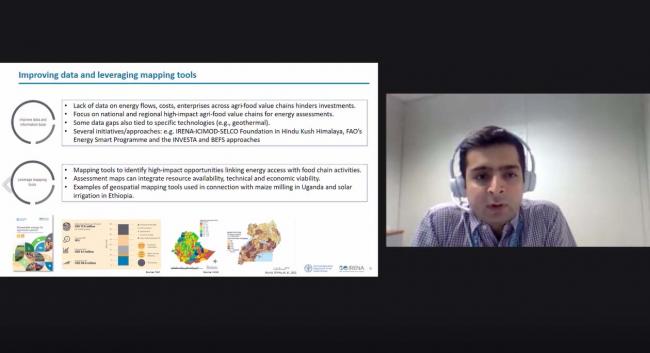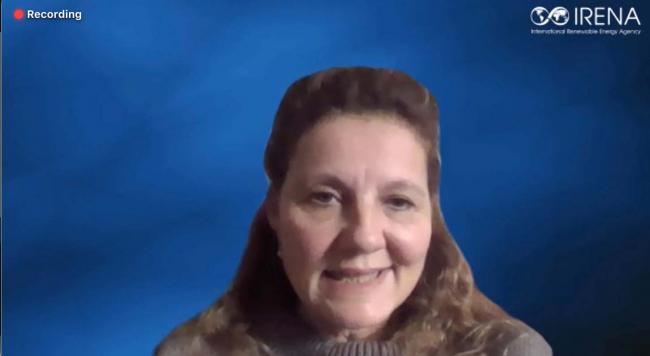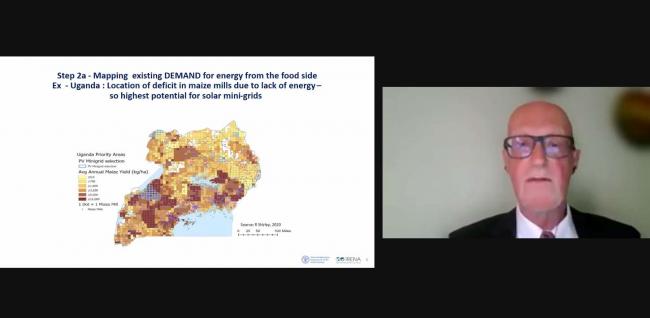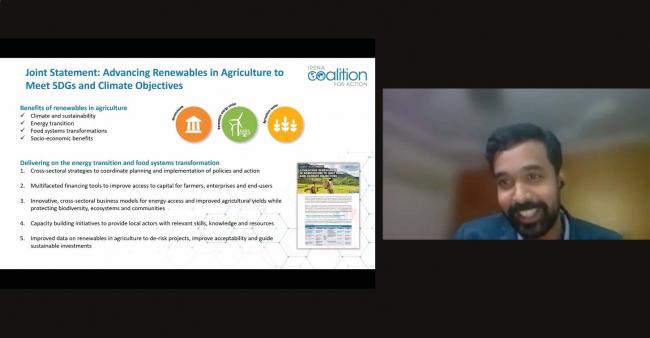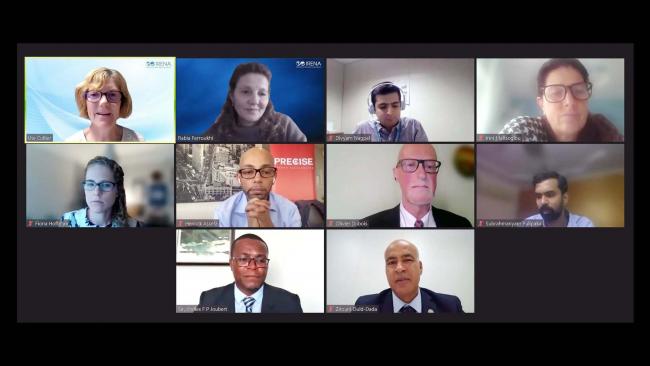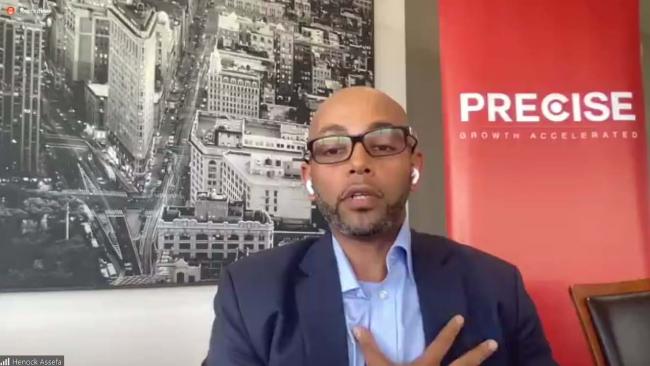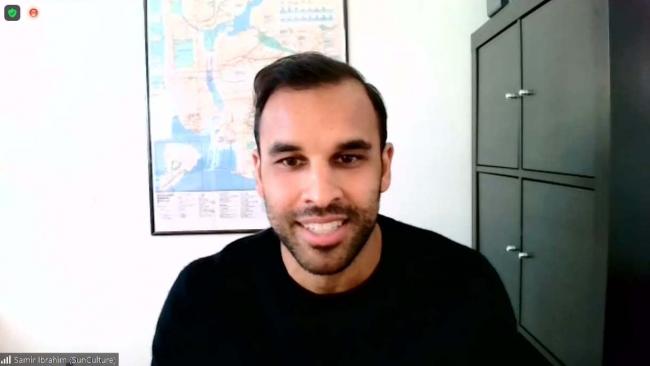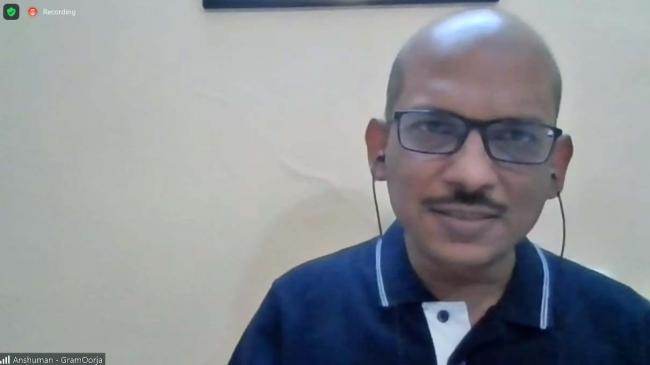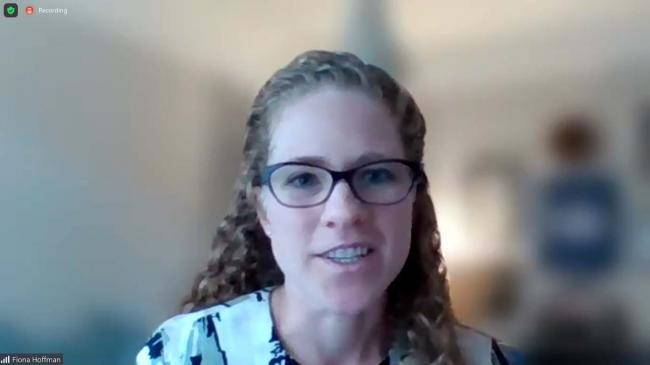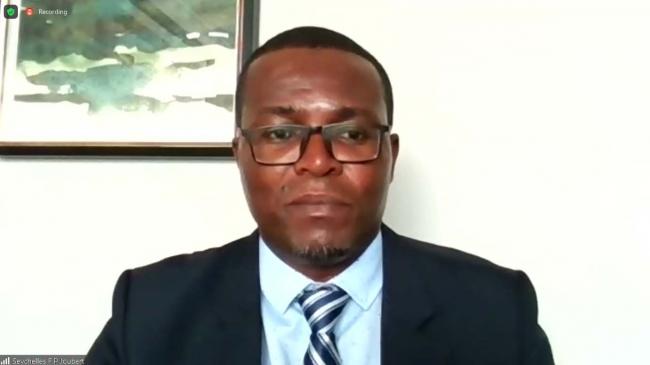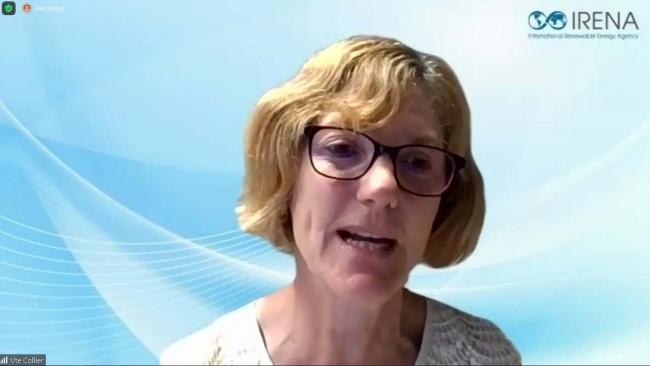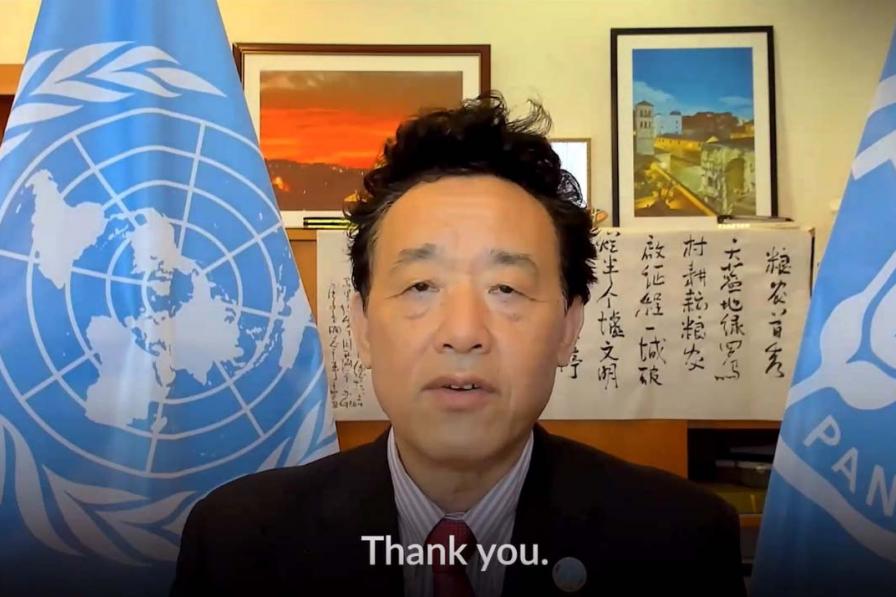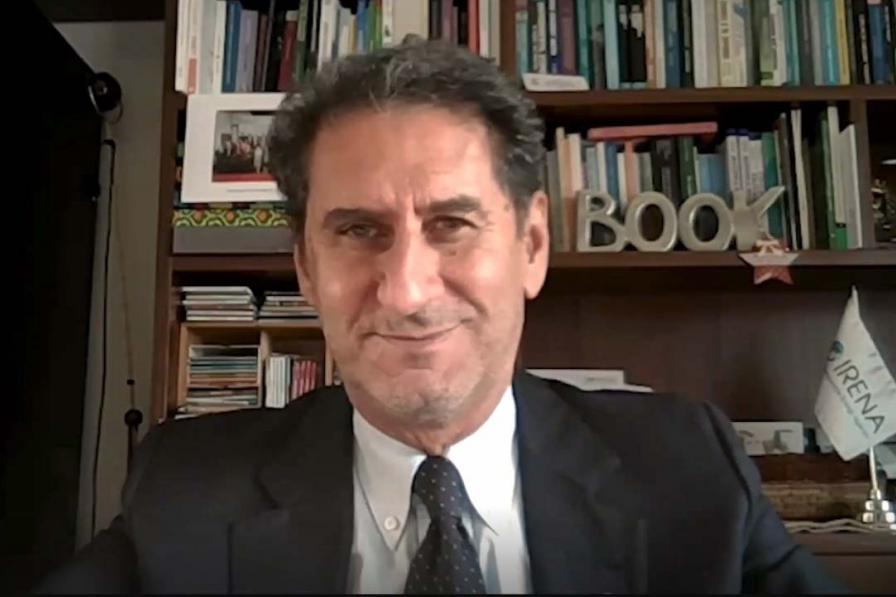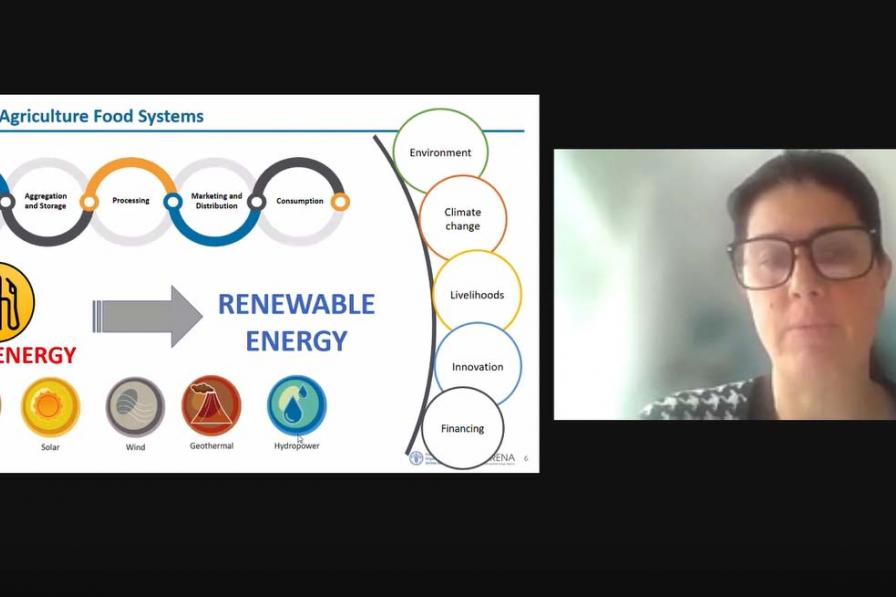Renewable Energy for Agri-food Systems: Towards the Sustainable Development Goals and the Paris Agreement
A joint approach to an energy transition and agri-food system transformation is crucial to meet the Sustainable Development Goals (SDGs) and the Paris Agreement targets. Thus, to decouple food systems from the use of fossil fuels to contribute to climate action without hampering food security, the UN Food and Agriculture Organization (FAO) and the International Renewable Energy Agency (IRENA) have joined forces to tackle this issue. As part of this collaboration this event highlighted the:
- need to improve access to renewable energy (RE) for millions of farmers;
- multiple benefits to be gained from using RE in agri-food systems; and
- need for collective action for breaking down sectoral silos and implementing cross-cutting actions.
High-level Segment
Zitouni Ould-Dada, FAO, moderated this segment, noting energy is needed at every stage of the agri-food system but is currently unsustainable. He introduced a joint FAO-IRENA report, Renewable Energy for Agri-food Systems: Towards Sustainable Development Goals and the Paris Agreement.
Qu Dongyu, Director-General, FAO, via video, observed that agriculture consumes 30% of all energy used, producing 30% of greenhouse gas (GHG) emissions, while millions of farmers lack access to RE. He called for innovative partnerships among sectors and stakeholders to break down silos to transform energy use in agriculture.
Francesco La Camera, Director-General, IRENA, via video, said RE can raise farmers’ production and incomes while reducing fossil fuel dependence. Referencing recent development of an FAO-IRENA Energy Compact on Energising Agri-food Systems with Renewable Energy, he invited everyone to help achieve inclusive, sustainable food systems and announced an energy ministerial would convene during the January 2022 IRENA Assembly.
Veronica Mwiche, Permanent Secretary, Ministry of Energy, Zambia, said adopting RE in food systems enables socio-economic development in agriculture and other sectors. Noting Zambia-FAO collaboration on a green energy project for agri-food chains, she lauded the FAO-IRENA Energy Compact to fulfill SDG targets.
Irini Maltsoglou, FAO, presented the joint FAO-IRENA report. She noted that limited access to energy decreases yields, market access, and food diversity, while increasing food losses, input costs, GHG emissions, and climate vulnerability. She said the report focuses on irrigation, processing, cold storage, and sustainable bio-energy, by examining energy’s role in each value-chain link and assessing how case-, context-, and energy type-specific RE can intervene at each stage.
Divyam Nagpal, IRENA, summarized the report’s findings, including on the need to: improve data; leverage mapping tools to ascertain opportunities for linking energy and food chains, resources, and economic viability; incorporate this into cost-benefit analysis; and build capacity inclusively.
Technical Segment
Rabia Ferroukhi, IRENA, moderated this segment on actions needed.
Olivier Dubois, FAO, presented proposed actions under the FAO-IRENA Energy Compact to support deployment of RE solutions in five countries, to be selected based on country priorities, existing experience, and availability of information. He noted that cost-benefit analysis of investment in RE includes indicators on environmental, social, income, health, and land factors, not just financial aspects.
Subrahmanyam Pulipaka, CEO, National Solar Energy Federation of India, shared recommendations from the IRENA Coalition for Action Joint Statement on Advancing Renewables in Agriculture, including to develop or improve: cross-sectoral policies and business models; innovative tools; capacity-building; and data on RE in agriculture, to de-risk projects and investments.
Panel Discussion
Henok Assefa, Managing Partner, Precise Consult, Ethiopia, described his company’s work on off-grid solar-powered irrigation, calling for interventions in policy and financing to jumpstart market-driven RE development.
Samir Ibrahim, CEO & Co-Founder, SunCulture, Kenya, observed that providing solar-powered water pumps and irrigation globally would cost only USD 13 billion and would end world hunger. He called for increasing affordability through end-user subsidies.
Anshuman Lath, Co-Founder, Gram Oorja, India, described work to provide electrification, microgrids, and solar water pumping to remote areas. He noted successes in: community buy-in, decision-making and governance; metering that discourages waste and encourages maintenance; and mitigation of fuelwood use and methane. However, he lamented lack of commercial capital due to the remoteness of communities.
Raluca Golumbeanu, Energy Sector Management Assistance Program (ESMAP), World Bank, said a systematic approach is needed, noting the World Bank’s integration of RE for production into electrification programmes and multisectoral cooperation including partnerships in energy, agriculture, finance, and quality assurance.
Claudia Schwartz, Power Africa, US Agency for International Development (USAID), described activities to scale up RE for food systems, including, inter alia: financial assistance for early stage agro-energy companies, innovative enterprises, and small-scale irrigation. She called for installment payment plans to enable RE to compete with diesel generation.
Heike Herden, Green Innovation Centers for Agriculture and Food Security, GIZ, said RE can increase productivity, livelihoods, and food security, comparing favorably to diesel’s unsustainability. She recommended greater access to training, especially for women, to build local expertise in RE.
Fiona Hoffman-Harland, Shell Foundation, said her organization is working to de-risk private sector investment. She called for improvements in: data collection and blended finance to enable small and medium enterprises to benefit from carbon credits; public sector facilities to de-risk private capital; increased access for rural consumers to non-collateralized finance; and partnerships with solutions-oriented entrepreneurs.
Closing remarks
Flavien Joubert, Minister of Agriculture, Climate Change and the Environment, Seychelles, said demand for water, food, and energy is increasing, requiring an integrated approach. He said the Seychelles is: strengthening technological capacities for climate change adaptation; promoting the agriculture sector’s adoption of RE, product diversification, and market development; and fostering investment. He called on everyone to make transformation happen.
In closing, Ute Collier, IRENA, observed that the event exceeded expectations and urged everyone to reach out and create new partnerships.
To receive free coverage of global environmental events delivered to your inbox, subscribe to the ENB Update newslette

